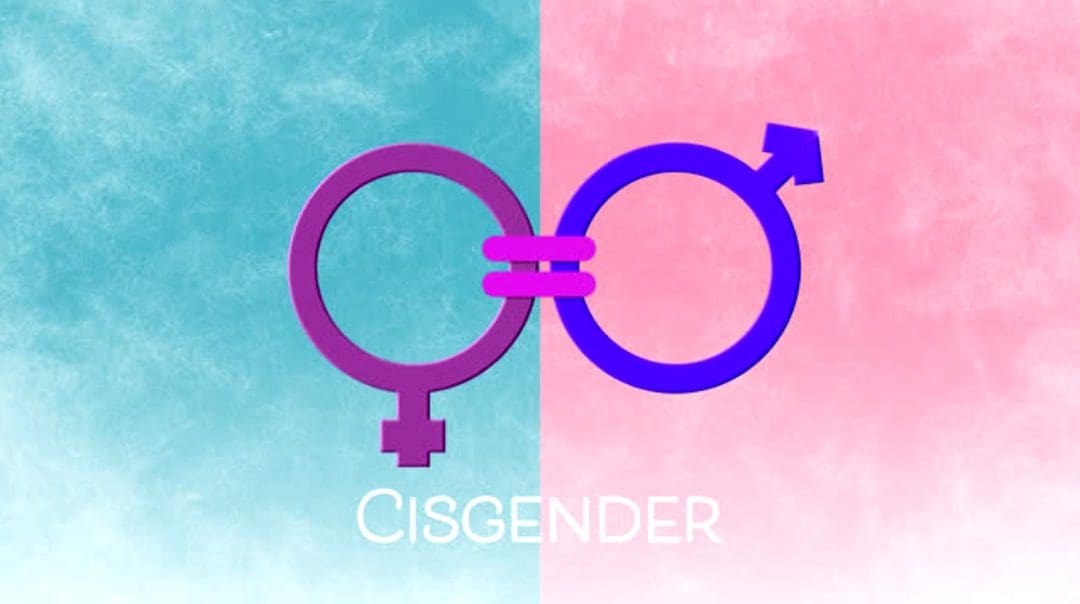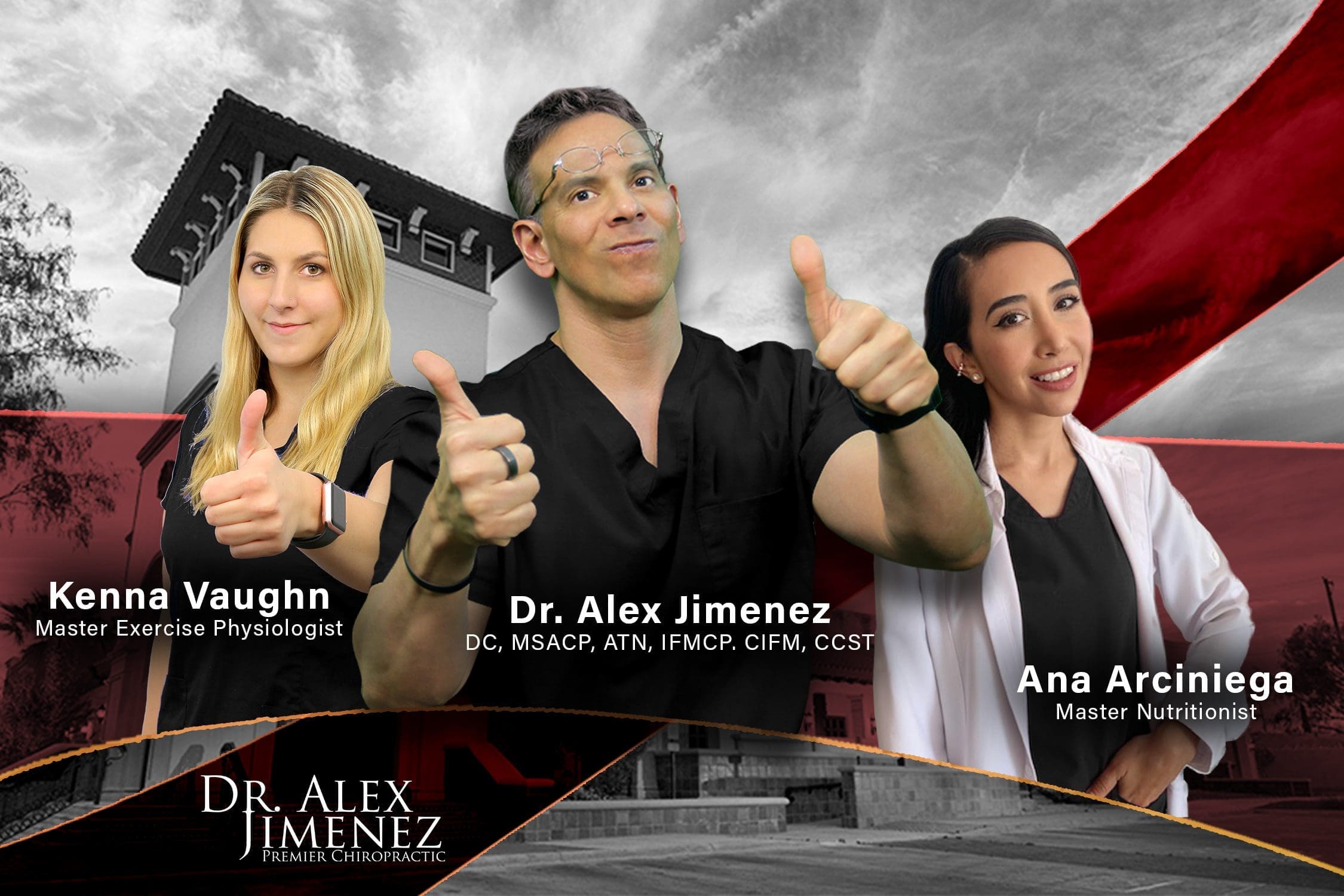Cisgender has nothing to do with an individual’s sexual orientation. Therefore how do sex and gender differ and where does cisgender fall within the spectrum of gender identities?

Table of Contents
Cisgender
Cisgender is a segment of the larger spectrum of gender identities. Also referred to as “cis,” it describes an individual whose gender identity corresponds to the sex they were assigned at birth. Therefore if an individual assigned sex at birth is female and identifies as a girl or a woman they are a cisgender woman.
- The term describes how a person sees themselves and helps others communicate more accurately and respectfully.
- Although many individuals may identify as cisgender, a cisgender person is not typical nor has qualities or characteristics that inherently differentiate them from a person of other gender identities.
- Cisgender women commonly use the pronouns she and her.
- A common mistake is using the term cis-gendered.
- The proper usage of the term is cisgender.
Sex and Gender Differences
- The terms sex and gender are often used interchangeably, however, they are not the same.
- Sex is a biological and physiological designation based on an individual’s sex chromosomes and sexual organs.
- It refers to an individual’s sex chromosomes and the characteristics assigned by those chromosomes. (Janine Austin Clayton, Cara Tannenbaum. 2016)
- This includes an individual’s genitals and sex organs.
- It also encompasses secondary characteristics – like body size, bone structure, breast size, and facial hair – that are regarded as female or male.
Differences
Gender is a social construct that refers to roles and behaviors that society assigns as being masculine or feminine. The construct infers behaviors that are accepted or appropriate based on how an individual behaves, speaks, dresses, sits, etc.
- Gender titles include sir, ma’am, mister, or miss.
- Pronouns include him, she, he, and her.
- Roles include actress, actor, prince, and princess.
- Many of these suggest a power hierarchy of who has it and who does not.
- Cisgender women often fall victim to these dynamics.
Sex
- Refers to an individual’s chromosomes and the way that their genes are expressed.
- Typically described in terms of male and female characteristics or the sex assigned at birth.
Gender
- A social construct.
- Refers to the social roles, behaviors, and expectations considered and/or deemed appropriate for men and women.
- Historically defined as masculine and feminine, however, definitions can change as society changes.
Gender Identities Glossary
Today, gender is viewed as a spectrum where an individual might identify as one gender, more than one gender, or no gender. The definitions are often subtle and can often overlap, co-exist, and/or change. Gender identities include:
Cisgender
- An individual whose gender identity matches their assigned sex at birth.
Transgender
- An individual whose gender identity does not align with their assigned sex at birth.
Non-binary
- An individual who feels their gender identity cannot be defined.
Demigender
- An individual who experiences a partial, but not full/complete connection to a particular gender.
Agender
- An individual who feels neither male nor female.
Genderqueer
- Similar to non-binary but infers refusal of societal expectations.
Gender-neutral
- Non-binary similarities but focuses on abandoning gender labels.
Gender fluid
- An individual who experiences multiple genders or shifts between genders.
Polygender
- An individual who experiences or expresses more than one gender.
Pangender
- An individual who identifies with all genders.
Third gender
- Third gender is a concept in which individuals are categorized, either by themselves or by society, as neither male nor female, not transitioning.
- They are a different gender altogether.
Twin gender
- A Native American term describing someone who is male and female or of two spirits simultaneously.
Cis Woman Identity
The terms cis woman or cis female are used to describe individuals who were assigned female at birth and identify as a woman or female. For cisgender woman, this means their gender identity aligns with their primary sex organs and secondary sex traits that include:
- Higher pitch voice.
- Wider pelvis.
- Broadening of hips.
- Breast development
It can also involve cisnormativity – a concept that everyone identifies as the gender they were assigned at birth. This could inform how a cis woman is expected to dress and act. An even more extreme concept is gender essentialism – this is the belief that gender differences are rooted purely in biology and cannot be changed. However, even cisnormativity beauty standards can influence the perceptions of transgender women that end up reinforcing gender stereotypes. (Monteiro D, Poulakis M. 2019)
Cisgender Privilege
Cisgender privilege is the concept that individuals who are cisgender receive added benefits compared to individuals who don’t conform to the gender binary norm. This includes cisgender women and men. Privilege happens when a cisgender individual assumes they are the norm and consciously or unconsciously takes action against those who are outside the definition of masculine and feminine. Examples of cisgender privilege include:
- Not being denied work and social opportunities because of not fitting into the boy’s or girl’s club.
- Not having to have sexual orientation questioned.
- Not being denied healthcare due to provider discomfort.
- Not fearing that civil rights or legal protections will be taken.
- Not worrying about being bullied.
- Not having to worry about attracting questioning looks in public.
- Not being challenged or questioned about the clothes being worn.
- Not being demeaned or mocked because of pronoun use.
Gender Identity and Sexual Orientation
- Gender identity and sexual orientation are not the same. (Carla Moleiro, Nuno Pinto. 2015)
- Gender identity and sexual orientation are not the same.
- A cisgender individual can be heterosexual, homosexual, bisexual, or asexual and so can a transgender individual.
- Being cisgender has no correlation to an individual’s sexual orientation.
Chiropractic Care After Accidents and Injuries
References
Clayton, J. A., & Tannenbaum, C. (2016). Reporting Sex, Gender, or Both in Clinical Research? JAMA, 316(18), 1863–1864. doi.org/10.1001/jama.2016.16405
Monteiro, Delmira and Poulakis, Mixalis (2019) “Effects of Cisnormative Beauty Standards on Transgender Women’s Perceptions and Expressions of Beauty,” Midwest Social Sciences Journal: Vol. 22: Iss. 1, Article 10. DOI: doi.org/10.22543/2766-0796.1009 Available at: scholar.valpo.edu/mssj/vol22/iss1/10
Moleiro, C., & Pinto, N. (2015). Sexual orientation and gender identity: review of concepts, controversies and their relation to psychopathology classification systems. Frontiers in Psychology, 6, 1511. doi.org/10.3389/fpsyg.2015.01511
Professional Scope of Practice *
The information herein on "Cisgender: What It Means" is not intended to replace a one-on-one relationship with a qualified health care professional or licensed physician and is not medical advice. We encourage you to make healthcare decisions based on your research and partnership with a qualified healthcare professional.
Blog Information & Scope Discussions
Our information scope is limited to Chiropractic, musculoskeletal, physical medicines, wellness, contributing etiological viscerosomatic disturbances within clinical presentations, associated somatovisceral reflex clinical dynamics, subluxation complexes, sensitive health issues, and/or functional medicine articles, topics, and discussions.
We provide and present clinical collaboration with specialists from various disciplines. Each specialist is governed by their professional scope of practice and their jurisdiction of licensure. We use functional health & wellness protocols to treat and support care for the injuries or disorders of the musculoskeletal system.
Our videos, posts, topics, subjects, and insights cover clinical matters, issues, and topics that relate to and directly or indirectly support our clinical scope of practice.*
Our office has reasonably attempted to provide supportive citations and has identified the relevant research study or studies supporting our posts. We provide copies of supporting research studies available to regulatory boards and the public upon request.
We understand that we cover matters that require an additional explanation of how it may assist in a particular care plan or treatment protocol; therefore, to further discuss the subject matter above, please feel free to ask Dr. Alex Jimenez, DC, or contact us at 915-850-0900.
We are here to help you and your family.
Blessings
Dr. Alex Jimenez DC, MSACP, RN*, CCST, IFMCP*, CIFM*, ATN*
email: coach@elpasofunctionalmedicine.com
Licensed as a Doctor of Chiropractic (DC) in Texas & New Mexico*
Texas DC License # TX5807, New Mexico DC License # NM-DC2182
Licensed as a Registered Nurse (RN*) in Florida
Florida License RN License # RN9617241 (Control No. 3558029)
Compact Status: Multi-State License: Authorized to Practice in 40 States*
Presently Matriculated: ICHS: MSN* FNP (Family Nurse Practitioner Program)
Dr. Alex Jimenez DC, MSACP, RN* CIFM*, IFMCP*, ATN*, CCST
My Digital Business Card














